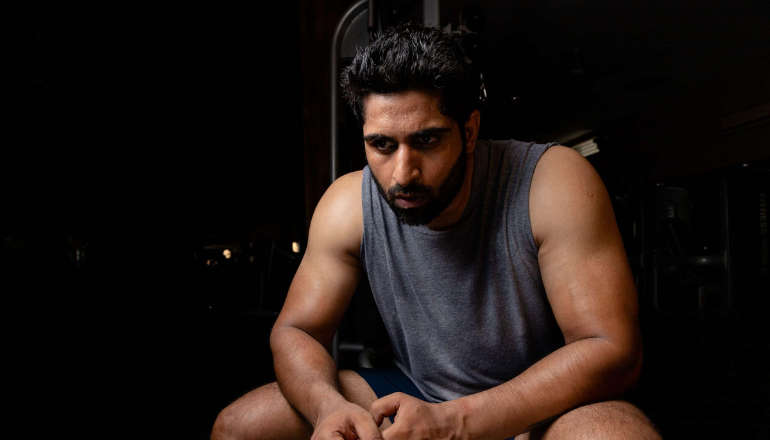
Eating a healthy diet is a vital part of staying well. But, like most things, balance is key — and if it’s taken too far, even healthy eating can became an eating disorder.
That's the message from a UK charity during Eating Disorders Awareness Week (February 28 – March 6.)
Orthorexia is described by the eating disorder charity Beat as an unhealthy obsession with eating ‘pure’ food.
That in itself might not sound too terrible, but the problem is that rather than just trying to eat healthily, people with orthorexia can feel anxious, guilty or even unclean if they eat food they’ve come to regard as ‘unhealthy.’
As a result, they may end up cutting out essential nutrients or whole food groups, with rigid rules around what they can and can’t eat.
Speaking to mark Eating Disorders Awareness Week, Tom Quinn, Beat’s director of external affairs, said:
“Orthorexia describes an unhealthy fixation with eating food that’s considered pure or ‘clean’. Signs may include cutting out food groups, seeming fixated on having a healthy diet, or feeling anxious about mealtimes.
“While eating disorders are mental illnesses that don’t always have physical symptoms, people with orthorexia may also show signs of malnutrition, such as low energy levels or feeling cold more often.”
So what are the signs somebody might be affected by orthorexia?
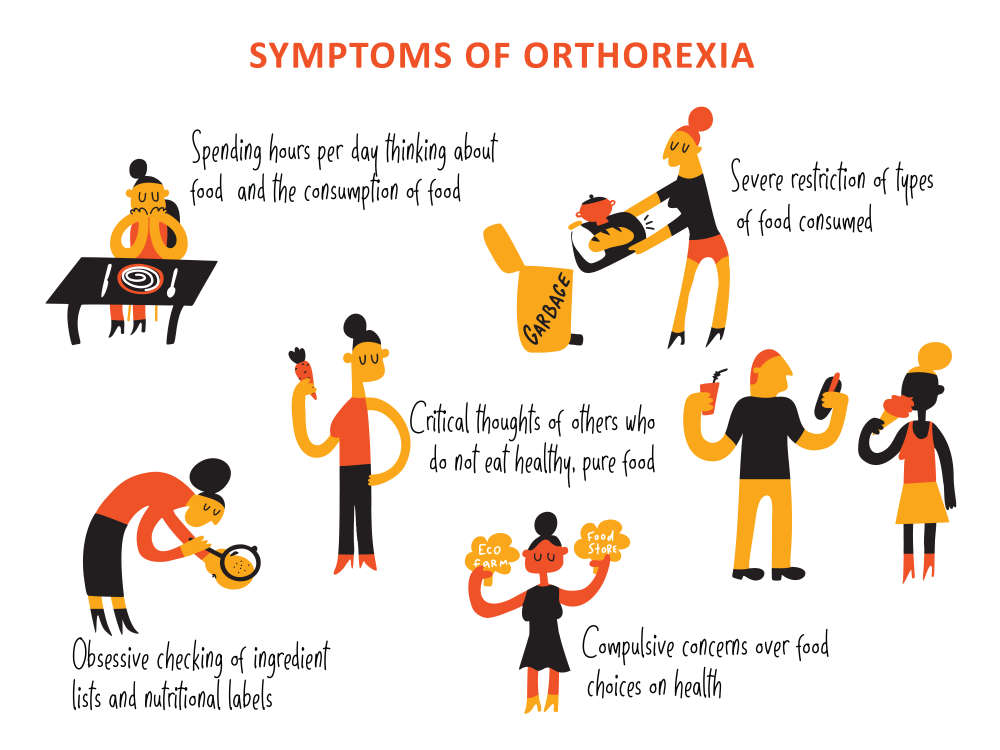
Cutting out ‘unhealthy’ foods
— People with orthorexia may eliminate foods or food groups from their diet because they think they’re unhealthy, such as high-calorie foods, or those containing sugar or fat, and the types of foods they stop eating may increase over time.
Being obsessed with healthy eating
— Their fixation on healthy eating may interfere with their relationships or working life.
Being judgemental about food
— They may seem to judge what other people eat.
Feeling powerless to stop
— People with orthorexia may have a set of personal eating rules which they just can’t ignore, even if they want to.
Feeling guilty
— They feel anxious, guilty or ‘unclean’ if they eat a food they think is unhealthy.
Depression
— They suffer from low mood or depression, and have difficulty concentrating.
Physical signs
— If someone with orthorexia cuts out important food groups or nutrients, they may develop malnutrition and lose weight, feel weaker and tired, take a long time to recover from illness, feel cold and not have much energy.
Recovery is possible
Quinn says recovery from orthorexia is possible, and stresses that getting specialist treatment as early as possible is the best way to recover.
He adds that the theme for this year’s Eating Disorders Awareness Week is #TimeToChangeLives, which is campaigning for all UK medical schools to introduce proper training about eating disorders.
Medical students currently spend less than two hours throughout their entire medical degree studying eating disorders, says Beat, and a fifth of UK medical schools don’t provide any training on eating disorders at all.
If you’re worried about your own or someone else’s eating, consult your GP or contact Beat. Regional helpline details are available online.


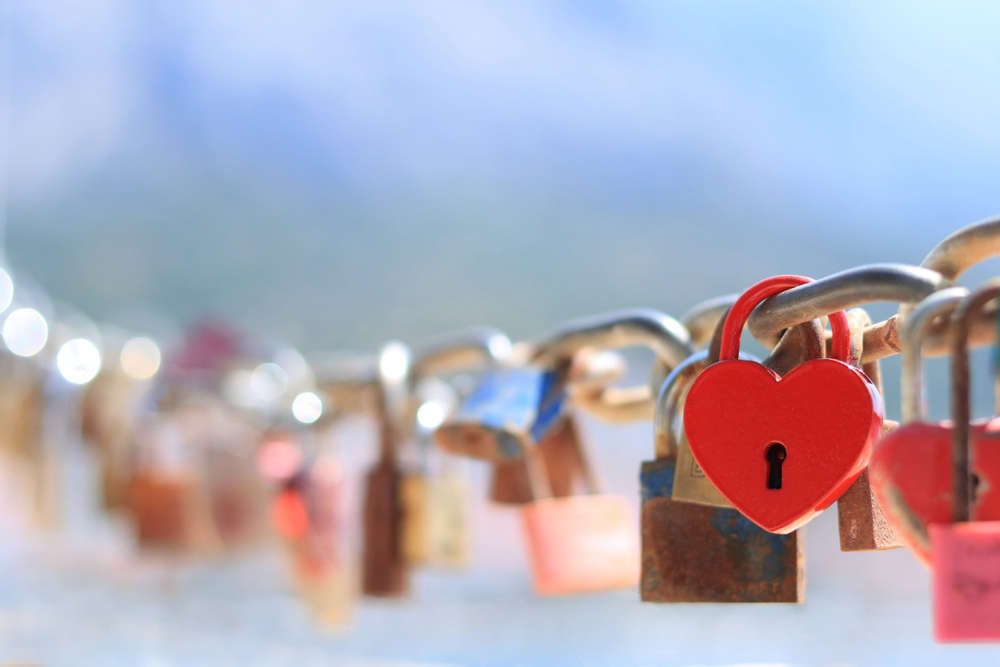 Five Most Romantic Valentine’s Gestures From Europe
Five Most Romantic Valentine’s Gestures From Europe
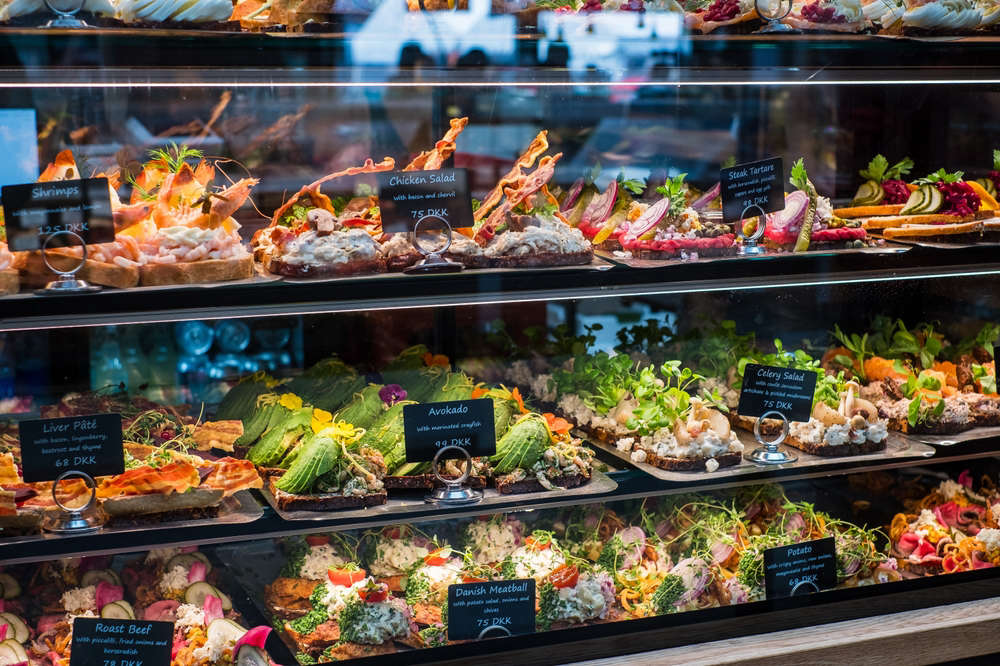 Five Fabulous Foodie Places To Visit In February
Five Fabulous Foodie Places To Visit In February
 Five Fantasy Worlds We’d Love To Explore In Real Life
Five Fantasy Worlds We’d Love To Explore In Real Life
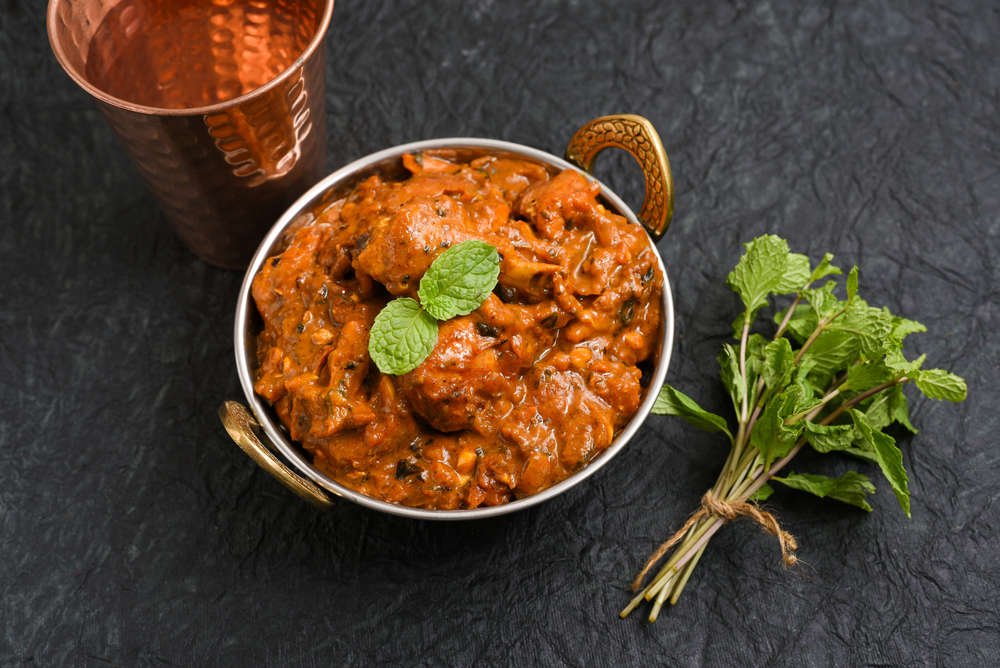 Five Amazing Global Meals To Cure The January Blues
Five Amazing Global Meals To Cure The January Blues
 Five Incredible Spas Around the World
Five Incredible Spas Around the World



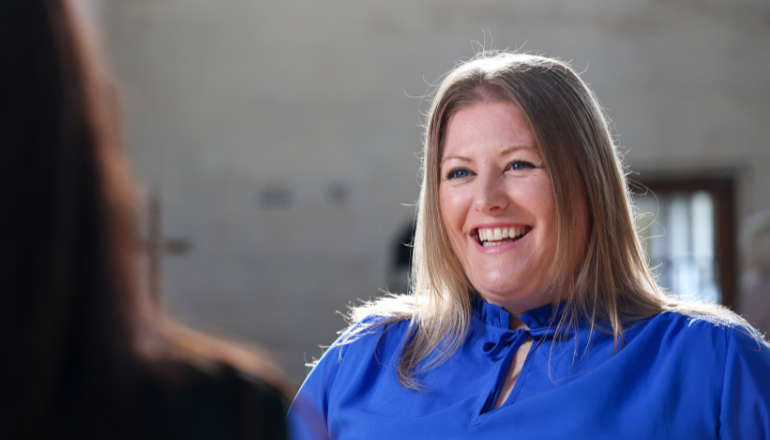 Highest Number Of Police Officers For Hampshire And Isle Of Wight Constabulary In A Decade
Highest Number Of Police Officers For Hampshire And Isle Of Wight Constabulary In A Decade
 Emergency Services Called To Newport Petrol Station After Car Crashes Into Kiosk
Emergency Services Called To Newport Petrol Station After Car Crashes Into Kiosk
 "There's Likely To Be In Excess Of 200 Redundancies": Island Trade Unionists On School Plans
"There's Likely To Be In Excess Of 200 Redundancies": Island Trade Unionists On School Plans
 High Sheriff Presents Inaugural Maritime Volunteers Award To Cowes RNLI Station
High Sheriff Presents Inaugural Maritime Volunteers Award To Cowes RNLI Station
Comments
Add a comment